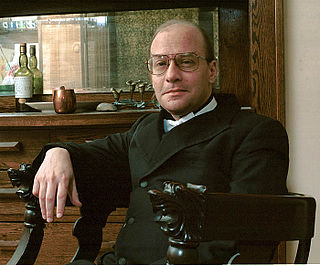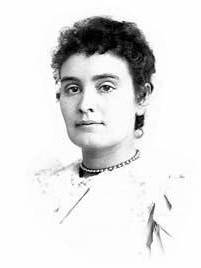A Quote by Jonathan Lethem
What I'm constantly striving for in my prose is clarity. So that, ideally, the writing will become so transparent that the reader will forget that the medium of communication is language.
Quote Topics
Related Quotes
Will we allow the decline of our language-the language of Shakespeare, Shaw and Steinbeck? Will we abuse our precious gift of communication? Will we bite our mother tongue with the teeth of indifference, crushing the taste buds of clarity and, without prompt application of the antiseptic of education, causing the gangrene of strained metaphors? Stand up, America, and let me hear your answer: Ain't no way, dude!
Television is a new, hard test of our wisdom. If we succeed in mastering the new medium it will enrich us. But it can also put our mind to sleep. We must not forget that in the past the inability to transport immediate experience and to convey it to others made the use of language necessary and thus compelled the human mind to develop concepts. For in order to describe things one must draw the general from the specific; one must select, compare, think. When communication can be achieved by pointing with the finger, however, the mouth grows silent, the writing hand stops, and the mind shrinks.
I thought clarity of communication was the most important thing in writing, and if you really cared about getting your idea across, you would say it in the most straightforward way possible. Later, in college and grad school, I came to realize that language is a technology like any other, and that it's always evolving - clarity of expression is always evolving.
Most contemporary novels are not really "written." They obtain what reality they have largely from an accurate rendering of the noises that human beings currently make in their daily simple needs of communication; and what part of a novel is not composed of these noises consists of a prose which is no more alive than that of a competent newspaper writer or government official. A prose that is altogether alive demands something of the reader that the ordinary novel-reader is not prepared to give.
At the end of the day, some authors will endure and most, including some very good ones, will not. Why do I think reading is important? It is such an effective medium between mind and mind. We think largely in words. A medium made only of words doesn't impose the barrier of any other medium. It is naked and unprotected communication. That's how you get pregnant. May you always be so.
You have to seduce the reader, manipulate their mind and heart, listen to the music of language. I sometimes think of prose as music, in terms of its rhythms and dynamics, the way you compress and expand the attention of a reader over a sentence, the way the tempo pushes you towards an image or sensation. We want an intense experience, so that we can forget ourselves when we enter the world of the book. When you are reading, the physical object of the book should disappear from your hands.
Plate glass... has no beauty of its own. Ideally, you ought not to be able to see it at all, but through it you can see all that is happening outside. That is the equivalent of writing that is plain and unadorned. Ideally, in reading such writing, you are not even aware that you are reading. Ideas and events seem merely to flow from the mind of the writer into that of the reader without any barrier between. I hope that is what is happening when you read this book
As far as nonviolence and Spiritual Activism, Marshall Rosenberg is it! Nonviolent Communication: A Language of Life, is essential reading for anyone who wants to improve their communication skills. Applying the concepts within the book will help guide the reader towards a more loving, compassionate, and nonviolent way of understanding and functioning with others, and foster more compassion in the world. I highly recommend this book.







































